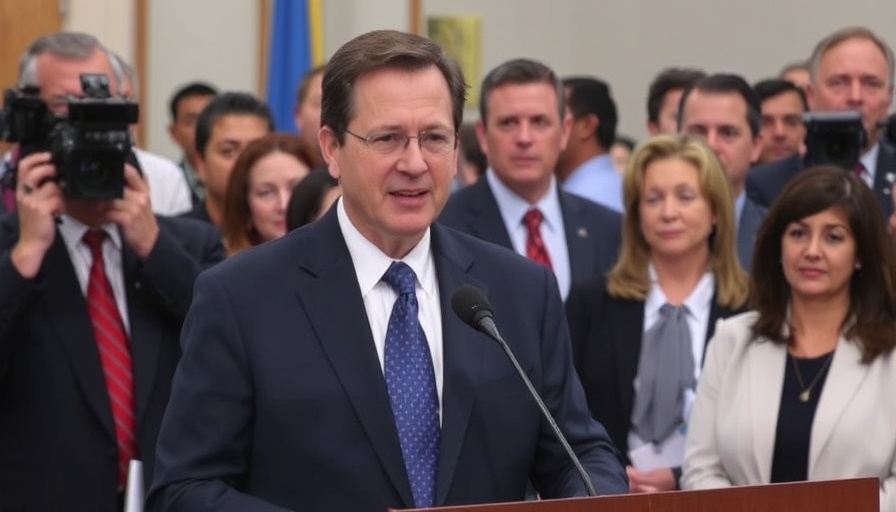
San Francisco’s Recall Election Highlights Citizen Engagement
In a significant development for San Francisco politics, Supervisor Joel Engardio has conceded defeat in a recall election that saw nearly 65% of District 4 voters supporting his removal from office. This vote follows the controversial passage of Proposition K in November 2024, which made the Great Highway closure to private vehicles permanent, creating what is now known as Sunset Dunes—a favored space for pedestrians, cyclists, and runners.
Proposition K: A City Divided
The foundational issue leading to Engardio's recall centered around his relentless advocacy for Proposition K, which reshaped the Great Highway into park space, causing rifts among voters. Although this change was celebrated by many as a boost to environmental and community wellness, significant backlash arose from those who felt their voices were overlooked. Engardio's supporters argue that the decision to allow voters a say through the ballot exemplified democratic engagement.
The Road Ahead for San Francisco
As Mayor Daniel Lurie prepares to appoint an interim replacement for Engardio until the next election in June 2026, many are curious about the implications for future urban planning in the city. How will the new leadership handle the growing demand for more community-led initiatives and conversations? This recall might just be the catalyst for a more inclusive approach in local governance.
Lessons from the Recall
This recent election offers several lessons in civic engagement. It serves as a potent reminder that elected officials should remain responsive to their constituents' sentiments. Engardio's earlier claim that discussions around the Great Highway were ongoing may have been perceived as insufficient, especially in light of voter pushback on Proposition K. It emphasizes the necessity for clear communication and community involvement in decision-making processes.
In his farewell message, Engardio noted, “My time as a city supervisor will be shorter than expected. But we can still celebrate. We are on the right side of history.” This sentiment beckons reflection on the vital connection between elected positions and public expectation.
As the city looks toward future elections and governance strategies, the importance of a responsive leadership model remains clear. The recent recall may empower residents to demand practically effective representation that mirrors their views.
 Add Row
Add Row  Add
Add 



Write A Comment